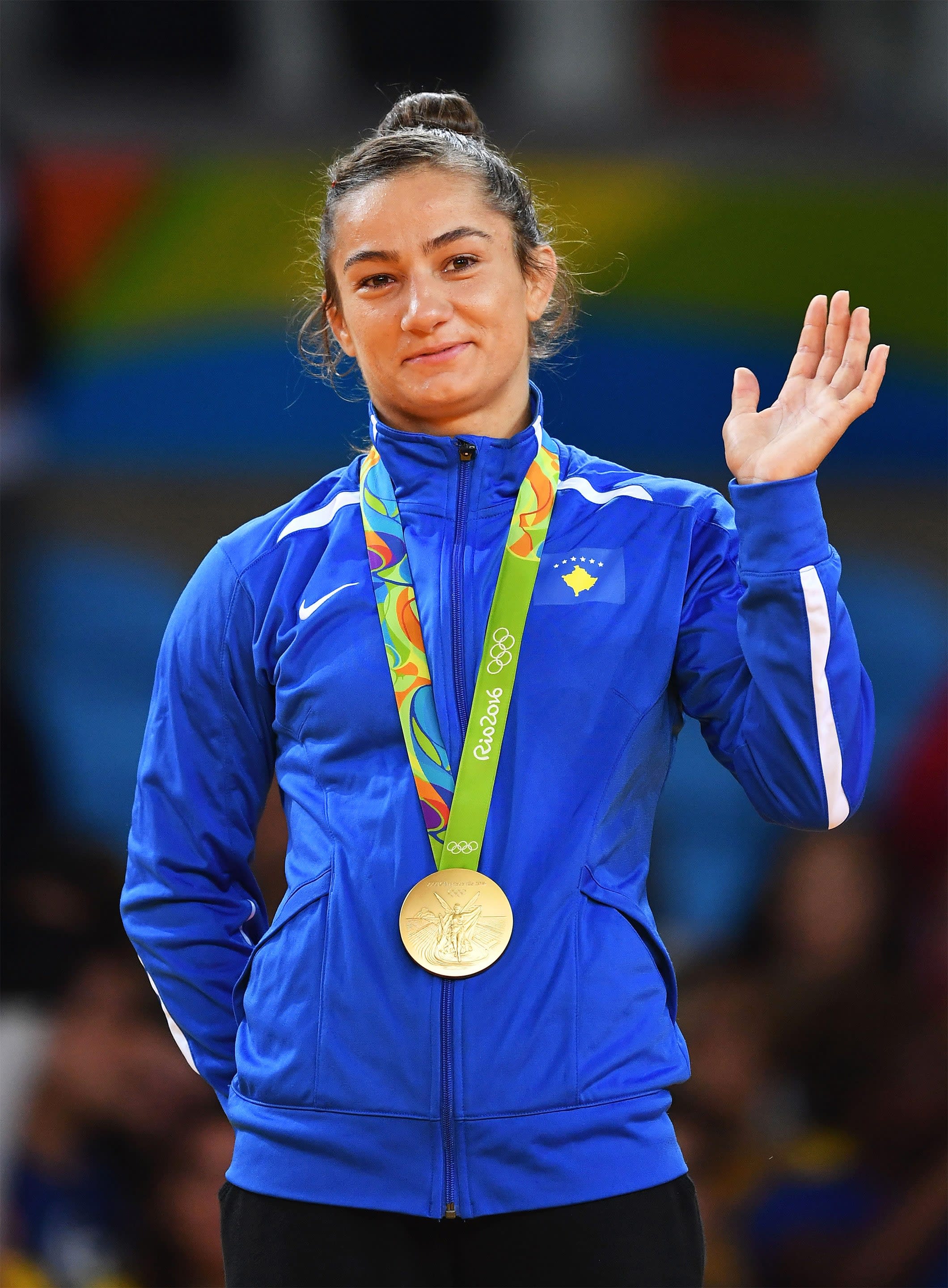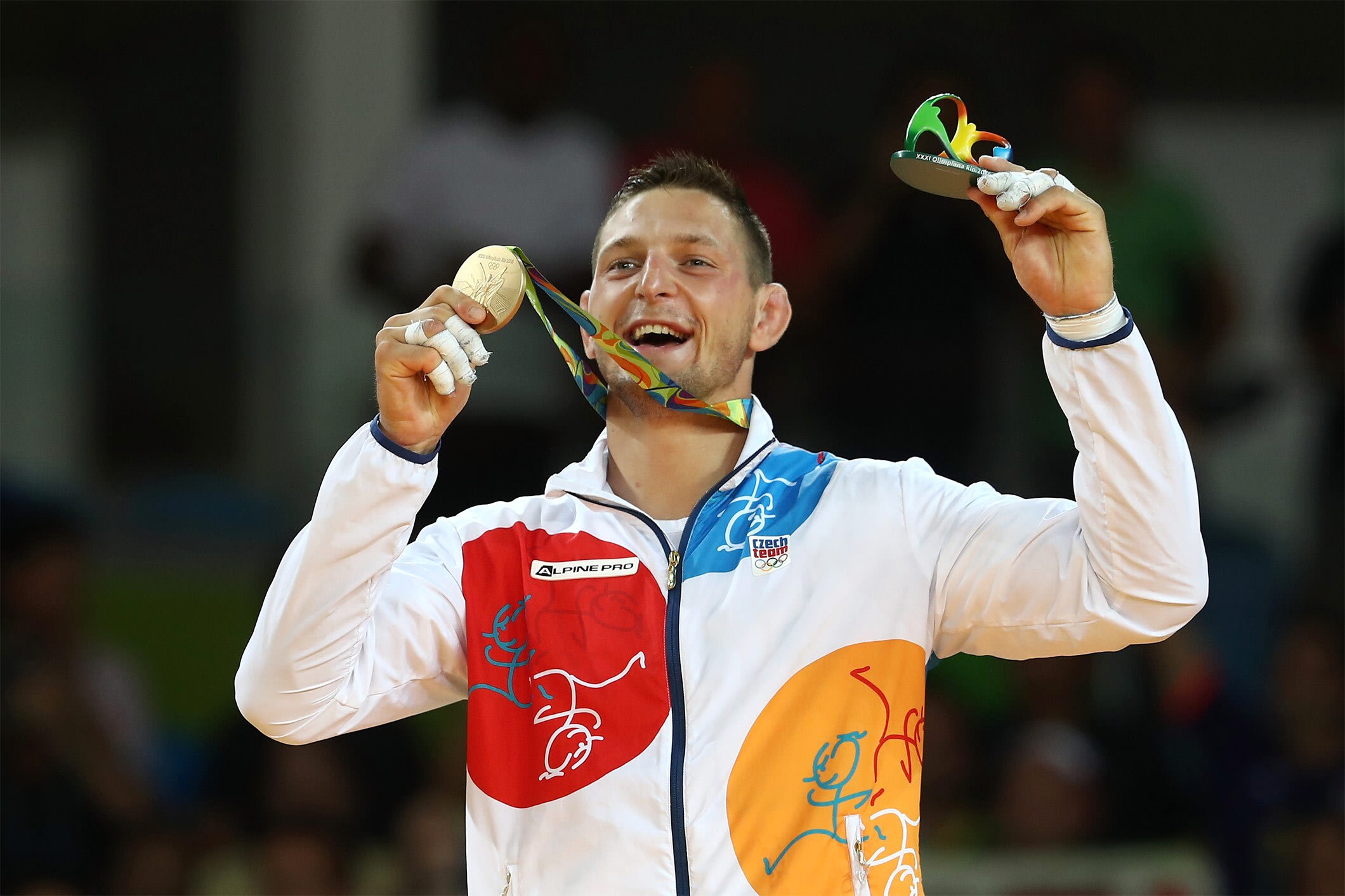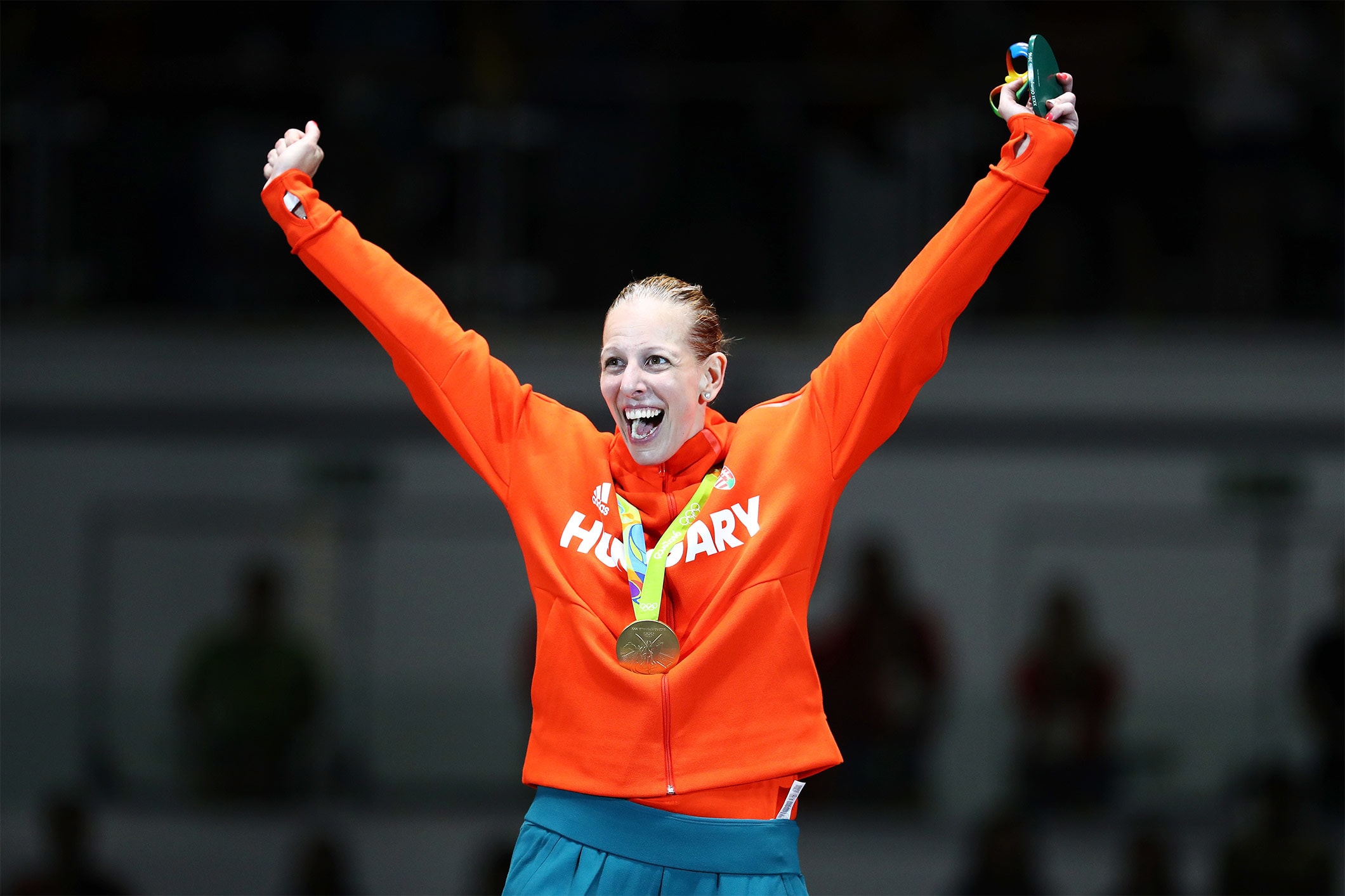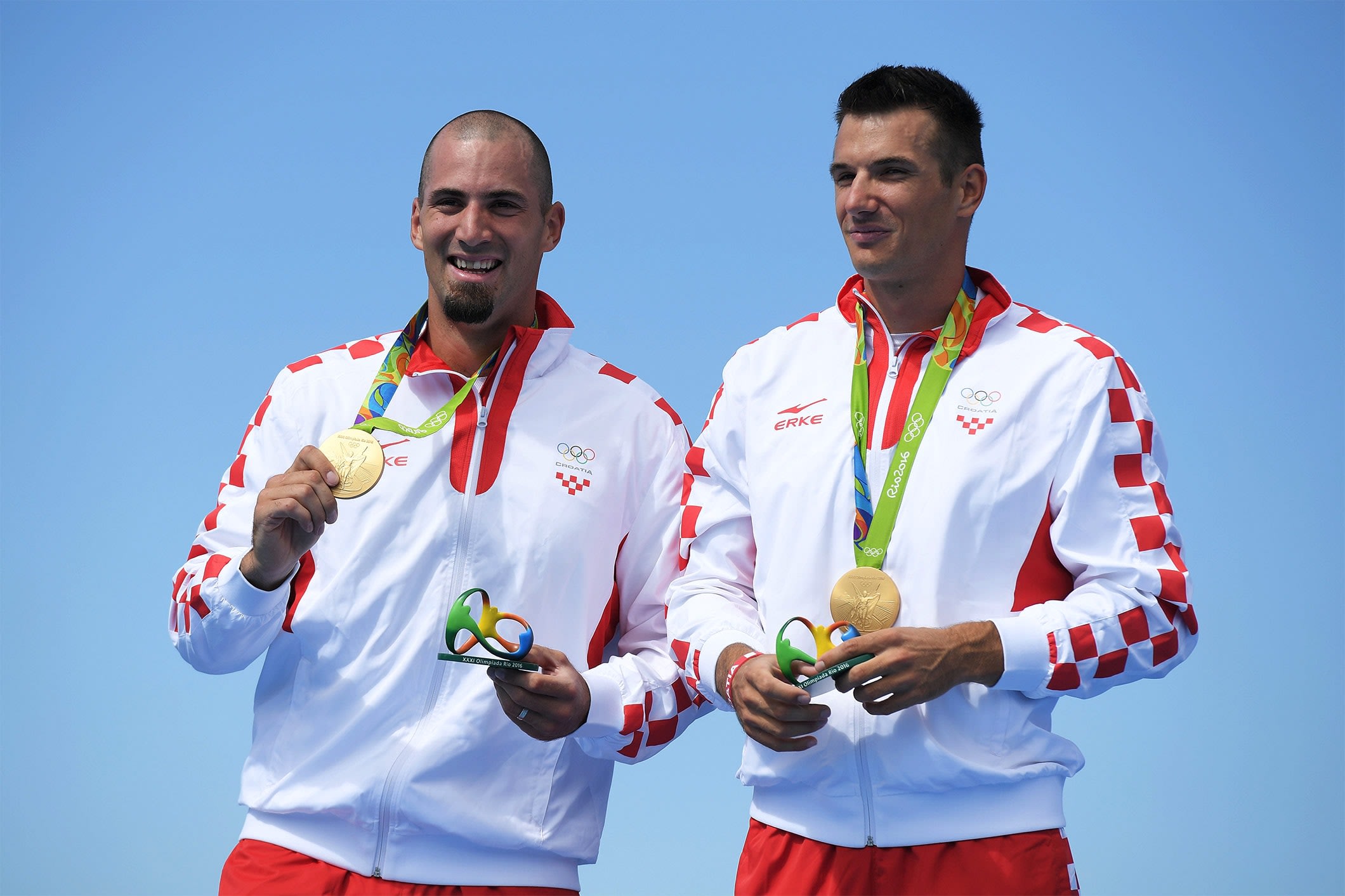Solidarity proving a winning concept at Rio 2016
Many of the performances at Rio 2016 have demonstrated that financial means and circumstances do not have to be a barrier to success when you have talent
And many have been given the opportunity to nurture their gifts thanks to the Olympic Solidarity scholarship programme, which supports athletes who might not otherwise have had access to the facilities and/or funds to reach the top of their chosen sport.
During the first week of the Games alone, Olympic Solidarity scholars have accounted for no less than 10 golds and 28 medals in total. Kazakhstani swimmer Dmitriy Balandin, was one of some 1,500 athletes to have received financial support under the Solidarity programme going into Rio, and the 21-year-old pulled off one of the biggest surprises of the first week when he won the 200m breaststroke giving his National Olympic Committee (NOC) its first ever swimming medal.
“This is the biggest honour and the biggest thing I could have given to my country,” he said. “It’s history, because it’s the first medal in swimming for Kazakhstan and I’m very proud and happy that I’m the one that got it.”

Fellow Olympic Solidarity athlete Majlinda Kelmendi was the first to win an Olympic medal for Kosovo when she won gold in the -52kg women’s judo division. Kosovo only became a member of the International Olympic Committee (IOC) after London 2012, where Kelmendi represented Albania.
“This is the first time that Kosovo is part of the Olympics, and this gold is huge,” she said. “I just proved to people that even after the war, even after we survived a war, if they want something, they can have it. If they want to be Olympic champions, they can be. Even if we come from a small country, poor country."

Among the other Solidarity beneficiaries to make it onto the podium in Rio so far are Lukas Krpalek, who won gold in the 100kg judo for the Czech Republic, and gold-medal-winning Hungarian fencer Emese Szasz. Croatian brothers Martin and Valent Sinkovic also won the men’s double sculls with the help of the Olympic Solidarity programme.

The Olympic Solidarity concept was developed in the 1960s as a way of supporting Olympic Committees in newly independent countries. By 1981, the Olympic Solidarity Commission was formed to support the growth of sport and organise assistance to the National Olympic Committees, in particular those which have the greatest need of it.
“Thanks to the increased funding available, Olympic Solidarity has broadened the scope of its activities, incorporating new elements for each quadrennial,” according to Sheikh Ahmad Al-Fahad Al-Sabah, Chairman of the Olympic Solidarity Commission. “Today, Olympic Solidarity offers a huge range of possibilities for NOCs to receive funding and strengthen their activities.”

Among the IOC innovations for Rio 2016, the Refugee Olympic Team, which comprises 10 athletes who have been forced to abandon their home countries has been supported by the Olympic Solidarity.
The Olympic Athletes’ Hub has also invited those receiving a scholarship to tell their story using the hashtag #OlympicSolidarityScholarship.
Previous recipients of Solidarity support say the programme has allowed them to realise a dream they might otherwise have missed.
“Without the Olympic scholarship, I wouldn’t be able to compete,” says Natalya Coyle, who competed in the modern pentathlon for Ireland at London 2012 and who will be in action again during the second week of action in Rio. “It’s an expensive sport, but fortunately because of the scholarship I have been able to go to all the World Cups. Without it I really wouldn’t have been able to go anywhere.”